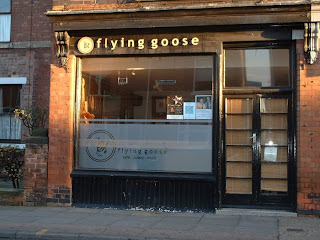Poesy is the flower of the Sun, and disdains to open to the eye of a candle
Unlimited free visits to Litter for anyone who can identify the source of this quote. It's been bugging me for some time. Come on, you erudite bunch! Is it a real quotation, or have I invented it? (In which case, is it any less real...?)
Quote now corrected, thanks to Sam Ward (see comments)




